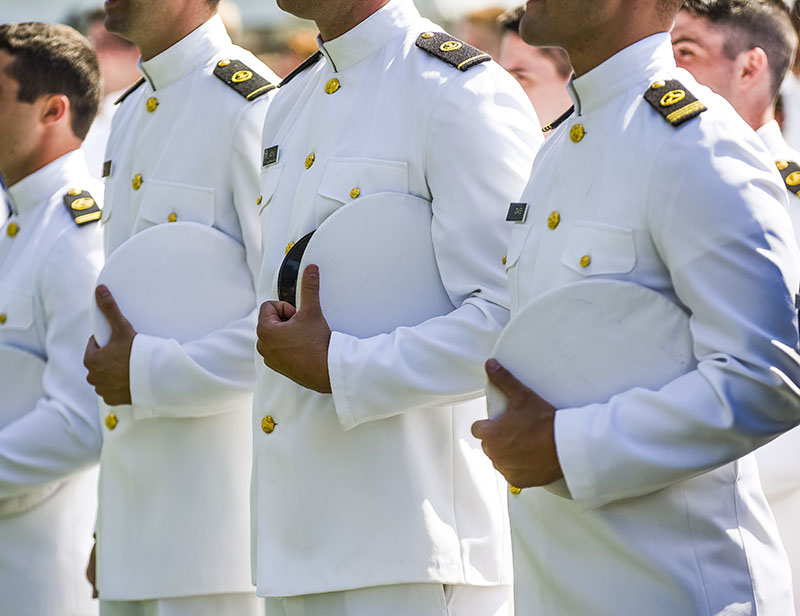Here are some of the latest developments on how the coronavirus pandemic is affecting parts of the maritime industry.
- The Transportation Security Administration said that there are currently no delays in the production or issuance of TWIC cards. Applicants are encouraged to submit applications at least 60-to-90 days before a current card’s expiration, and to opt to have the new document mailed so that a trip to a public enrollment center can be avoided. While some enrollment centers have closed or are working on reduced hours, there are no immediate plans to close all locations.
- Maine Maritime Academy has canceled its May 2 commencement as well as its summer training cruise onboard the TS State of Maine, scheduled to depart in May. The academy hopes to organize a shortened cruise later in the summer.
- Massachusetts Maritime Academy is remaining in the current online/distance learning mode until May 4. If the academy needs to extend or change this status as that date nears, Rear Adm. Francis McDonald, president, Massachusetts Maritime Academy, will correspond directly with the community.
- The U.S. Merchant Marine Academy at Kings Point, N.Y., has reported two confirmed cases of coronavirus on campus, both are employees not cadets.
There are some promising signs that a transportation infrastructure bill might still be alive on Capitol Hill. Many members of Congress are hoping that the lightening-fast way Congress passed a stimulus bill to help the U.S. weather the pandemic will spill over into action on a much debated but stalled bill to modernize the country’s aging transportation system.
“In order to achieve what is best for the country and American workers, we need to avoid partisan objectives while allowing some of the great bipartisan work we just accomplished in the CARES Act to begin taking effect in our economy,” Rep. Sam Graves, R-Missouri, leading Republican on the House Transportation and Infrastructure Committee said in a statement Wednesday.
“Looking ahead, there is a range of directions Congress can take, and we will be ready to move forward as this process evolves. Infrastructure always has been and always will be the backbone of our economy. Congress can help provide a strong economic recovery and a strong economic future by working in partnership – not partisanship – to address America’s infrastructure needs,” Graves said.
The Waterways Council Inc., which advocates for strong funding for the inland waterways, is hoping this might present an opportunity for more money for inland lock and dam projects. “We certainly hope and advocate hard for that,” said Deb Calhoun, interim WCI CEO and president.
President Trump has said that infrastructure modernization is a top priority for his administration, but the initiative has stalled in Congress as neither lawmakers nor the White House has agreed on a way to pay for it.




